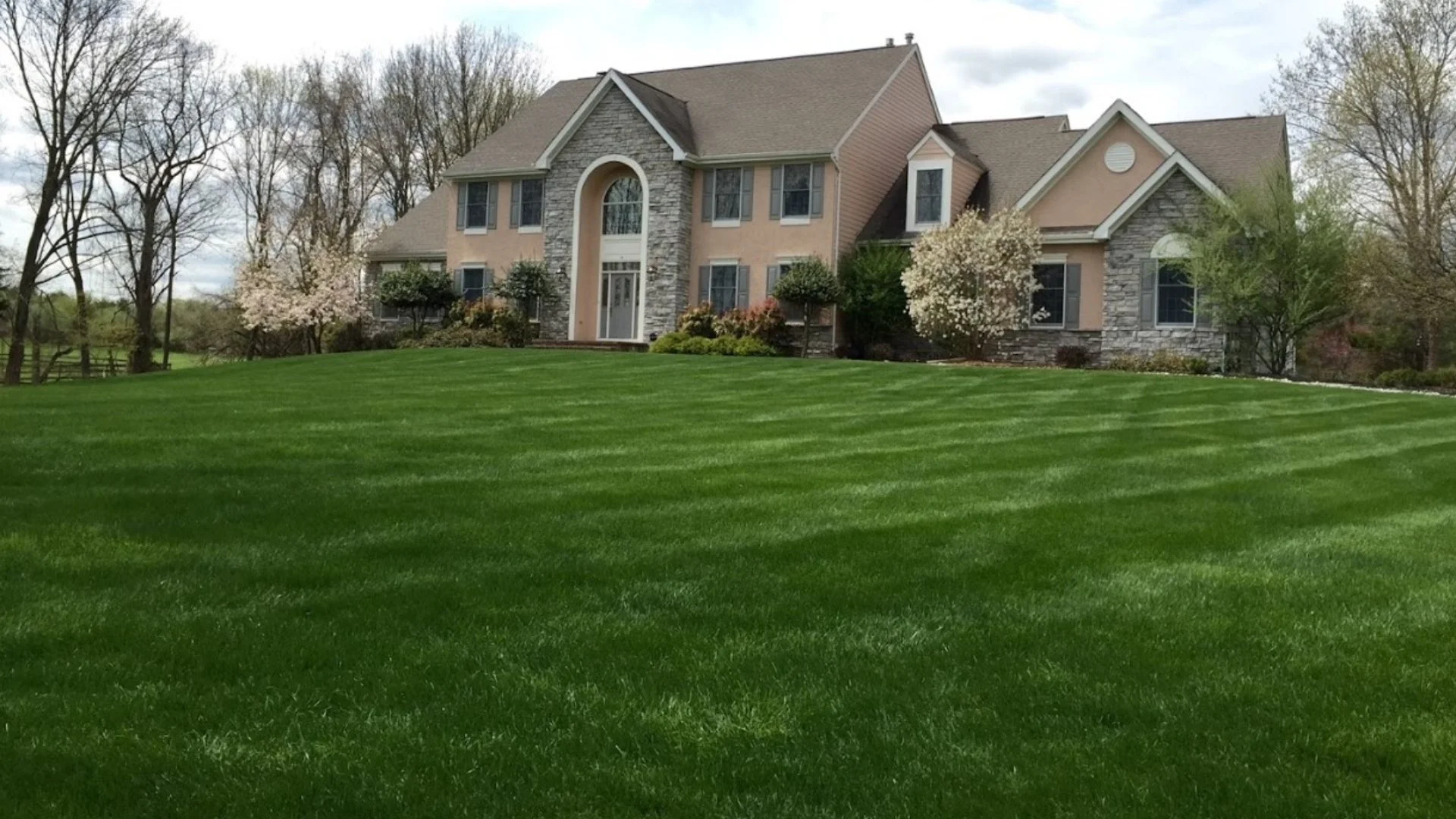Professional Lawn Care in Budd Lake
Lawn care is an essential part of maintaining the beauty and health of your property in Budd Lake, New Jersey. With its distinct climate and unique landscape features, professional lawn care in this area requires specialized knowledge and attention to detail.
Understanding Budd Lake’s Climate
Budd Lake experiences a humid continental climate characterized by hot summers and cold winters. Summer temperatures can reach up to 90 degrees Fahrenheit, while winter temperatures often drop below freezing with common snowfall. The area receives a significant amount of precipitation annually, making it crucial to adapt lawn care strategies accordingly.
Budd Lake itself is a glacial lake that influences the local microclimate. It has a surface area of 374 acres and can experience large algal blooms. The surrounding wetland supports vegetation like black spruce and tamarack, indicative of the area’s diverse plant life.
Choosing the Right Grass and Plant Life
Selecting the appropriate grass type is vital for a healthy lawn in Budd Lake. The region is suitable for cool-season grasses like bentgrass, Kentucky bluegrass, and perennial ryegrass, which can withstand the cold temperatures and thrive in the area’s weather conditions. When choosing plants for landscaping, consider the local climate and soil conditions. It’s advisable to select plants and shrubs that are suitable for Northern New Jersey’s planting zones, including seasonal flowers that can thrive in the area’s specific conditions.
Essential Lawn Care Practices
Regular Maintenance: Key to maintaining a lush lawn is regular mowing, weeding, and border edging. Cleaning up the yard, especially during the change of seasons, helps in promoting new growth and maintaining overall lawn health.
Soil Testing: Understanding the soil composition and pH balance is crucial. Regular testing helps in determining the right fertilization and treatment strategies.
Watering Techniques: Efficient watering is critical. The lawn generally needs about one inch of water per week, and it’s best to water deeply and infrequently to encourage strong root growth.
Fertilization: Use the right amount and type of fertilizer based on the specific needs of your grass type. Nitrogen, phosphorus, and potassium are key nutrients that aid in the healthy growth of lawns.
Aeration: Aerating your lawn helps reduce soil compaction, allowing water, nutrients, and air to reach the grass roots more effectively. This is especially important in the Spring or Fall for cool-season grasses.
Recycling Grass Clippings: Leaving grass clippings on the lawn can provide essential nutrients and reduce the need for additional fertilizers.
Weed and Pest Control: Regularly control weeds and pests to maintain a healthy lawn. Pre-emergent herbicides in early Spring can help prevent weed growth, and an Integrated Pest Management Program can be effective for pest control.
Disease Management: Be vigilant about lawn diseases, which are often caused by fungi. Regular monitoring and treatment can prevent these diseases from spreading.
Organic Lawn Care: Consider using organic lawn care products to maintain a safe, chemical-free environment. Organic products promote natural soil aeration and drainage and control weeds, diseases, and pests without harmful chemicals.
Pruning Trees and Shrubs: Regular pruning helps maintain the health and appearance of your landscape. It’s essential to prune at the right time of year and with the correct techniques.
Over-Seeding: To repair damage from drought or pests, over-seed your lawn in late Summer or early Fall. This helps in filling bare spots and improving lawn density.
Equipment Maintenance: Keeping your lawn equipment in good condition is crucial for effective lawn care. Regular cleaning and maintenance of mowers and other tools ensure their longevity and performance.



